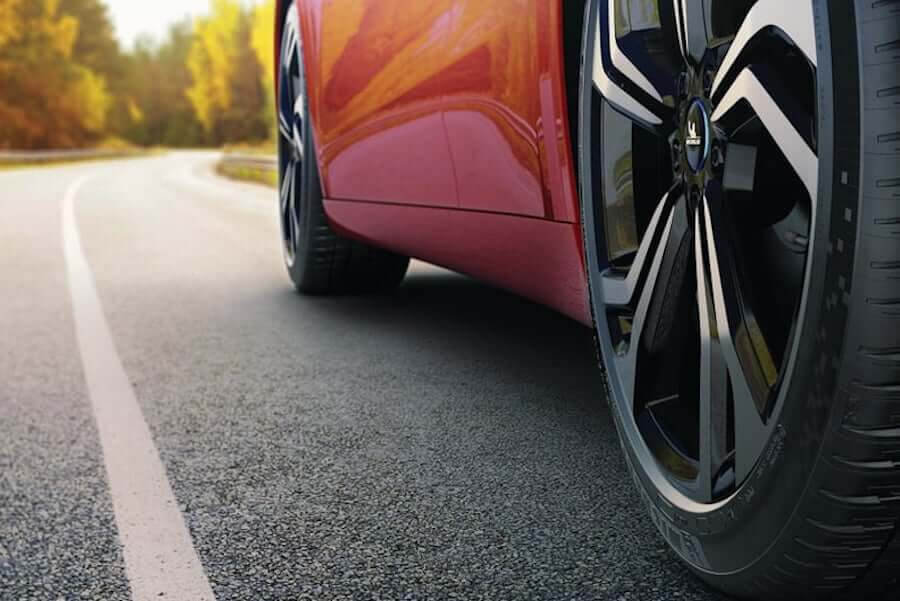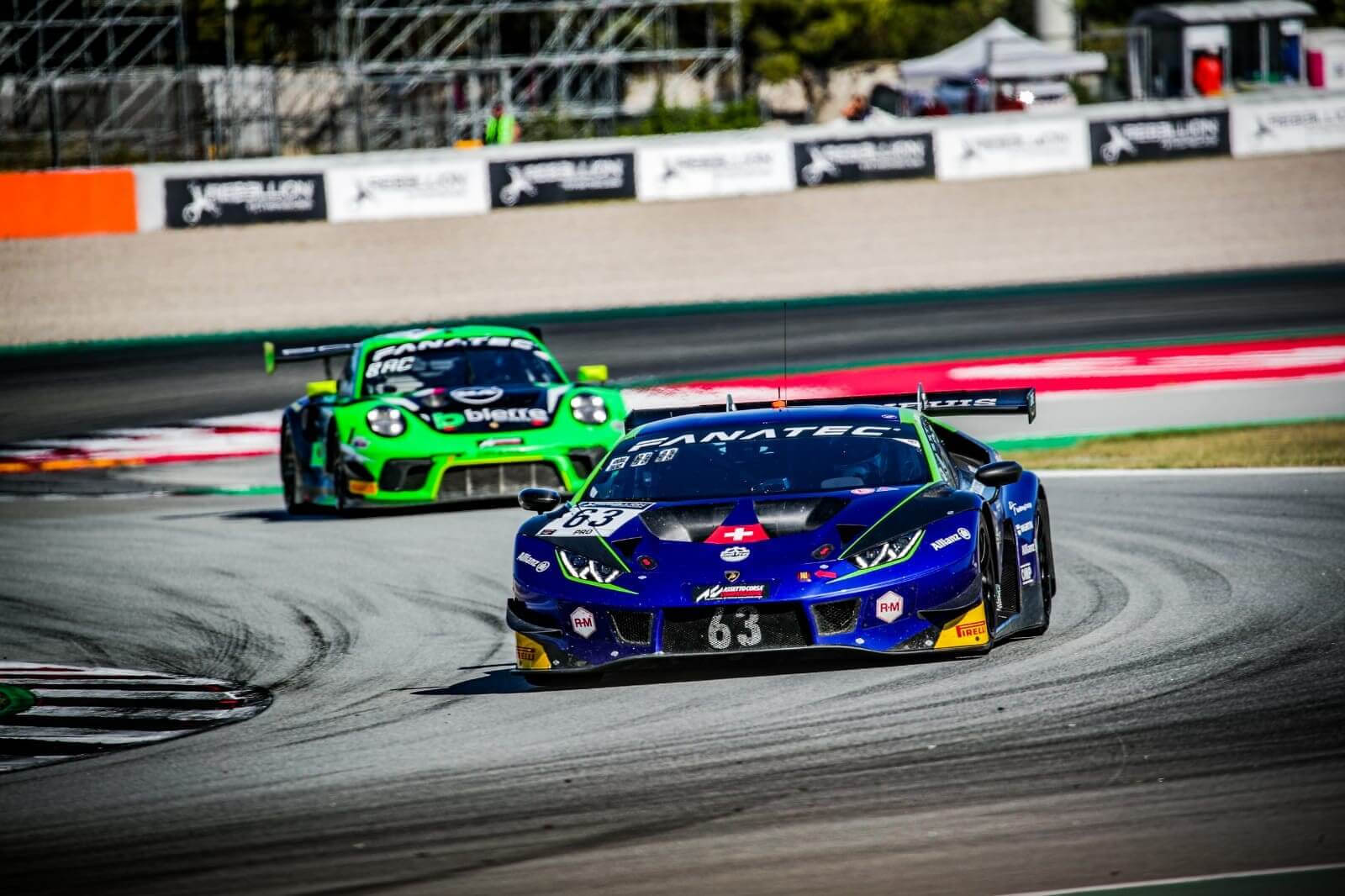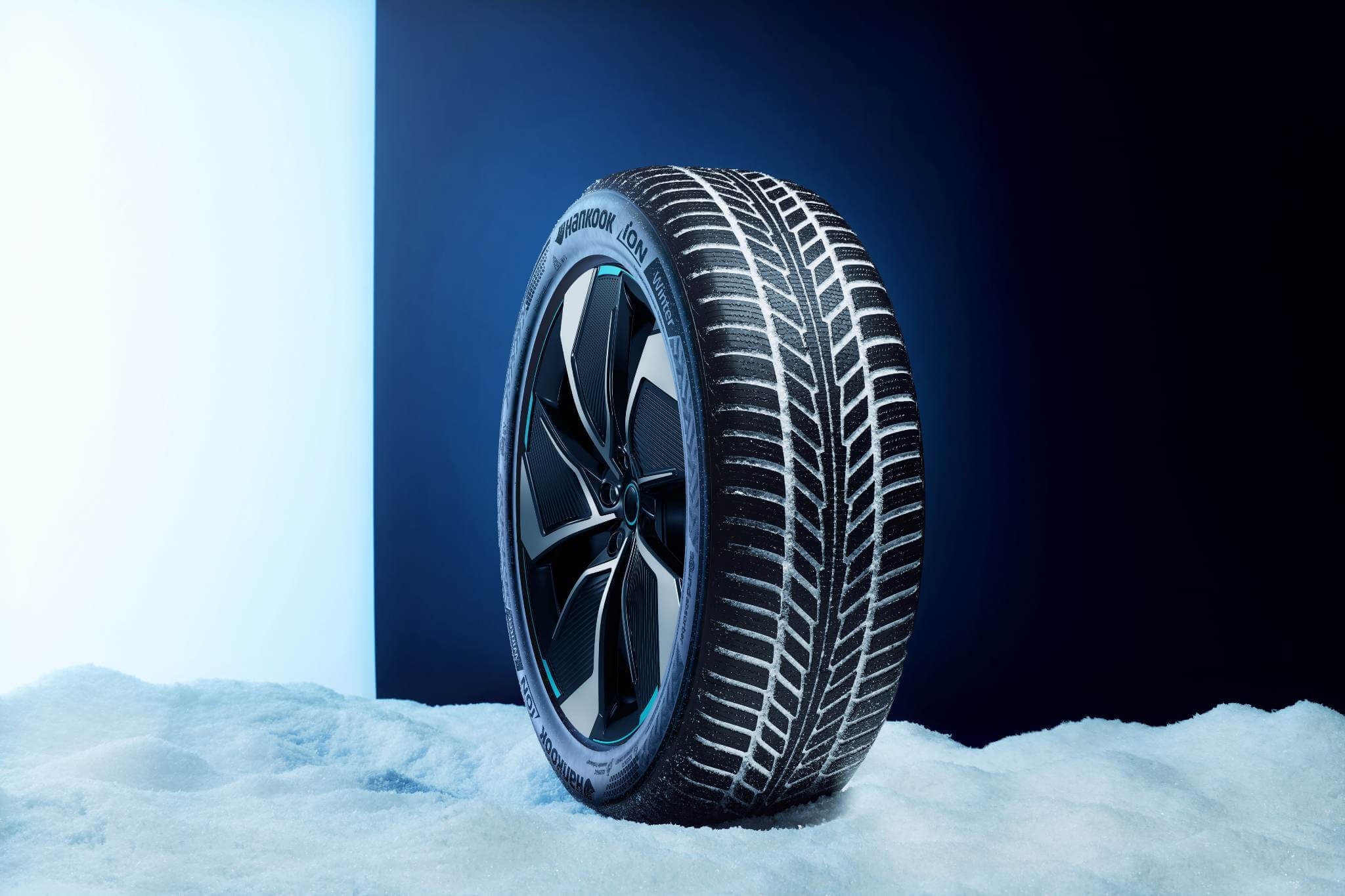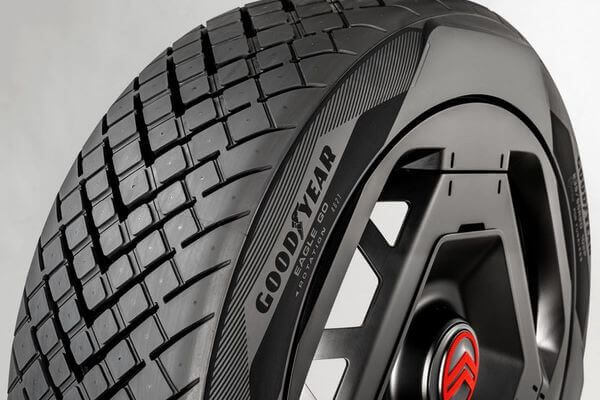At the same time, they’re asking for those tires to be bigger and more robust to support larger, heavier vehicles, while offering longer treadwear, extended range/fuel economy and low rolling resistance.
That’s a trend that Michelin says creates a sort of paradox as it “directly affects consumption and CO2 emissions, in the midst of climate change and diminishing resources.”
That’s just what Michelin did Oct. 4-5 when it hosted a Media Day at its Cuneo plant—its largest car tire factory in western Europe. During the event, the tire maker showcased technologies that reduce rolling resistance in its products.
Last year, alone Michelin said these technologies helped save almost 9 billion gallons of fuel throughout the lifespan of tires. Employment of those technologies also reduced CO2 emissions in 2021, by about 8.7 million metric tons when compared to 2010.
And the French tire maker says those will continue in the years ahead, noting it is committed to improving energy efficiency by as much as 10 percent by 2030.
The tire maker pointed to another trend emerging across Europe. It turns out, Michelin said, that motorists also want all-weather tires.
“Long snubbed by European motorists, over the last few years, all-weather tires have witnessed outstanding market success on the continent,” Michelin said, noting that the sales of the product has tripled in recent years.
Michel Pilot sport EV can be purchased at blackcircles Canada
More about Michelin






